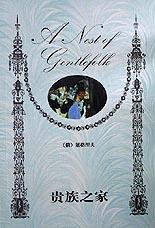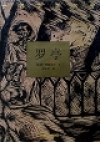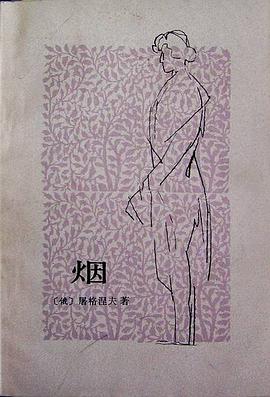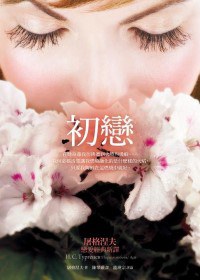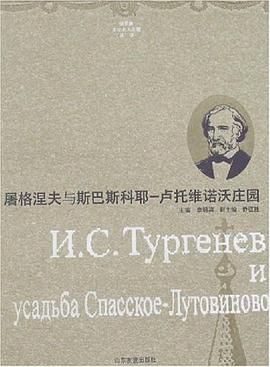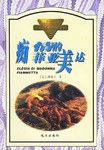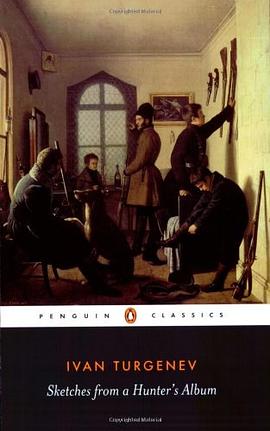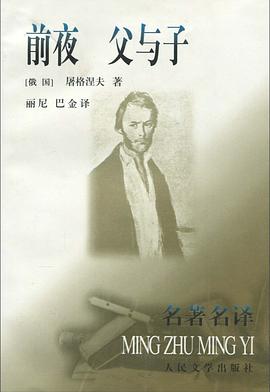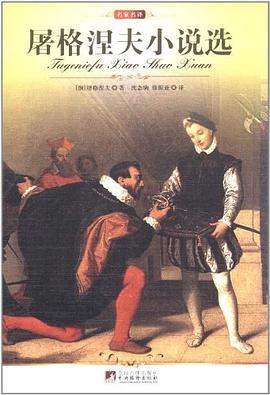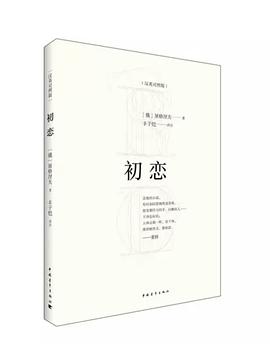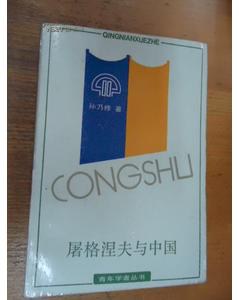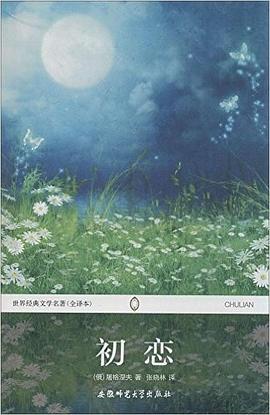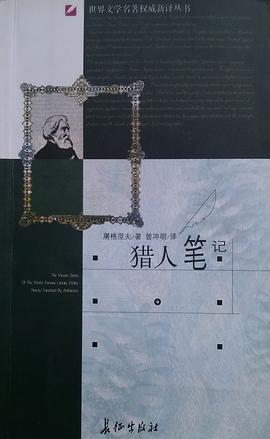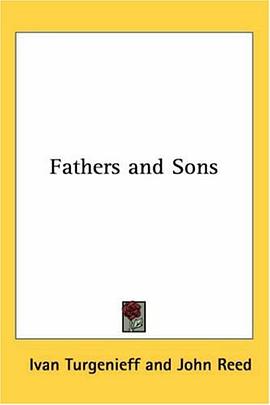
Ivan Turgenev's "Fathers and Sons" explores the ageless conflict between generations through a period in Russian history when a new generation of revolutionary intellectuals threatened the state. This "Penguin Classics" edition is translated from the Russian by Peter Carson, with an introduction by Rosamund Bartlett and an afterword by Tatyana Tolstaya. Returning home after years away at university, Arkady is proud to introduce his clever friend Bazarov to his father and uncle. But their guest soon stirs up unrest on the quiet country estate - his outspoken nihilist views and his scathing criticisms of the older men expose the growing distance between Arkady and his father. And when Bazarov visits his own doting but old-fashioned parents, his disdainful rejection of traditional Russian life causes even further distress. In "Fathers and Sons", Turgeneve created a beautifully-drawn and highly influential portrayal of the clash between generations, at a time just before the end of serfdom, when the refined yet vanishing landowning class was being overturned by a brash new breed that strove to change the world. Peter Carson's elegant, naturalistic new translation brings Turgenev's masterpiece to life for a new generation of readers. In her introduction, Rosamund Bartlett discusses the novel's subtle characterisation and the immense social changes that took place in the 1850s Russia of "Fathers and Sons". This edition also includes a chronology, suggested further reading and notes. If you enjoyed "Fathers and Sons", you might like Leo Tolstoy's "The Death of Ivan Ilyich and Other Stories", also available in "Penguin Classics". "One of the first Russian novels to be translated for a wider European audience. It is a difficult art: in this superb new version, Peter Carson has succeeded splendidly". (Michael Binyon, "The Times"). "If you want to get as close as an English reader can to enjoying "Turgenev", Carson is probably the best". (Donald Rayfield, "The Times Literary Supplement").
具體描述
讀後感
2016.12.13-12.16 96. 《父与子》——屠格涅夫 著 从读完大学的儿子带着他的朋友回自己家时,父亲一代与儿子一代间的对立就开始了。这是虽旧却努力向新的地主贵族一代与学习了新科学新理论、对一切充满怀疑的新生一代,这也是老好人的一代与自以为是满怀自信的一代...
評分巴扎罗夫豪言放得多大他的内心挣扎就多大。他是那个时代典型的先进知识分子,“虚无主义者”,对一切进行无情地否定,几次和老派中较为先进开明的英式贵族帕维尔争论, 帕维尔:“过去年轻人要学习,要工作,不愿被认为不学无术,而现在只消对他们说一声‘世上的一切都是胡扯蛋...
評分巴扎罗夫豪言放得多大他的内心挣扎就多大。他是那个时代典型的先进知识分子,“虚无主义者”,对一切进行无情地否定,几次和老派中较为先进开明的英式贵族帕维尔争论, 帕维尔:“过去年轻人要学习,要工作,不愿被认为不学无术,而现在只消对他们说一声‘世上的一切都是胡扯蛋...
評分2016.12.13-12.16 96. 《父与子》——屠格涅夫 著 从读完大学的儿子带着他的朋友回自己家时,父亲一代与儿子一代间的对立就开始了。这是虽旧却努力向新的地主贵族一代与学习了新科学新理论、对一切充满怀疑的新生一代,这也是老好人的一代与自以为是满怀自信的一代...
評分年轻气盛的Bazarov,像极了愤青,什么都看不惯,什么都瞧不上,觉得自己最牛逼,自己能拯救天下。自称是无政府主义者,无需尊重自然和规律,可笑的是却被自然打败,被传染疾病暴亡。印象最深刻的是他父母战战兢兢地爱着自己的孩子,生怕哪儿做错了,激怒儿子。眼巴巴的盼来儿子...
用戶評價
科學是有意義的,事業是有意義的,生命也是有意義的。這還是虛無主義嗎?不知道他有沒有從諷刺的死亡中領悟到自己沒虛無到點子上。
评分科學是有意義的,事業是有意義的,生命也是有意義的。這還是虛無主義嗎?不知道他有沒有從諷刺的死亡中領悟到自己沒虛無到點子上。
评分科學是有意義的,事業是有意義的,生命也是有意義的。這還是虛無主義嗎?不知道他有沒有從諷刺的死亡中領悟到自己沒虛無到點子上。
评分科學是有意義的,事業是有意義的,生命也是有意義的。這還是虛無主義嗎?不知道他有沒有從諷刺的死亡中領悟到自己沒虛無到點子上。
评分科學是有意義的,事業是有意義的,生命也是有意義的。這還是虛無主義嗎?不知道他有沒有從諷刺的死亡中領悟到自己沒虛無到點子上。
相關圖書
本站所有內容均為互聯網搜索引擎提供的公開搜索信息,本站不存儲任何數據與內容,任何內容與數據均與本站無關,如有需要請聯繫相關搜索引擎包括但不限於百度,google,bing,sogou 等
© 2025 qciss.net All Rights Reserved. 小哈圖書下載中心 版权所有


